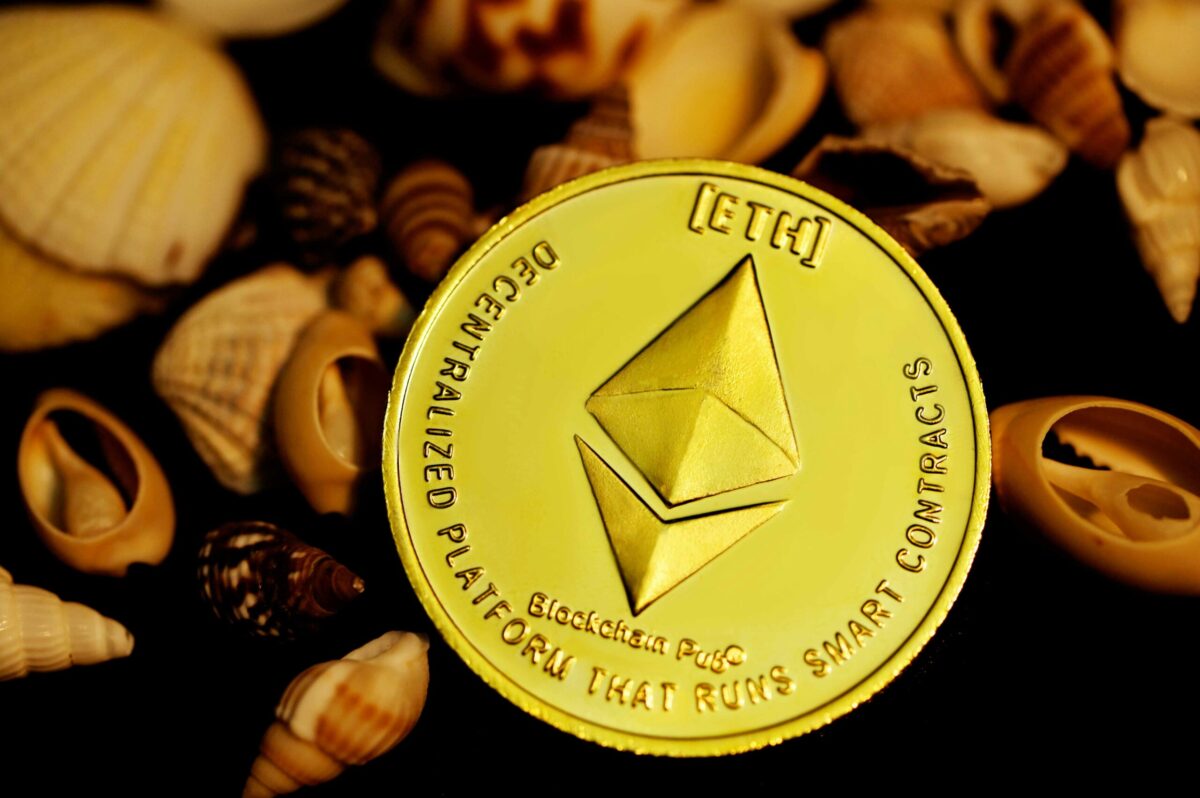South Korea is taking further steps to enhance transparency by implementing a new regulation that requires companies with digital assets to disclose their cryptocurrency holdings starting in 2024.
The Financial Services Commission (FSC) recently released a report announcing this new rule, emphasising that it aims to provide investors with clearer information, enabling them to make well-informed decisions. The regulation is part of a comprehensive plan by the agency to gradually introduce legislation to complement the recently passed Virtual Asset User Protection Act.
An excerpt from the report reads: “In the future, as the accounting treatment for virtual assets becomes more transparent and disclosure practices are strengthened, we anticipate that companies will faithfully provide useful information that is comparable and reliable to users of accounting information.
“This will help minimize differences in interpretation of accounting standards between companies and external auditors, reducing uncertainties for both parties.”
Before the introduction of this regulation, there were no clear guidelines for determining when revenue from the sale of virtual assets should be recognised. Consequently, different companies applied varying criteria, resulting in inconsistency in the process. The newly implemented revenue standard (K-IFRS No. 1115) addresses this issue by providing clarification on when revenue should be recognised from the sale of virtual assets. Additionally, companies are now mandated to clearly identify their performance obligations.
The report states: “Companies involved in the development and issuance of virtual assets will be subject to accounting policies, including revenue recognition for sales of virtual assets. This encompasses providing general information such as the quantity and characteristics of the virtual assets, business models utilizing them, and the progress of fulfilling obligations for revenue recognition.”
According to the report, the costs incurred in developing virtual assets and their platforms will not be recognised as intangible assets unless they meet specific requirements outlined in the intangible assets standard (K-IFRS No. 1038). For virtual assets held by the issuing company after issuance, they will not be recorded as assets in the financial statements unless there is a direct cost associated with them.
South Korea increases efforts to regulate crypto
South Korea is intensifying its efforts to regulate the cryptocurrency industry and safeguard investors, particularly in the wake of the Terra and Luna collapse. The passing of the Virtual Asset User Protection Act underscores the country’s commitment to these objectives.
The act consolidates 19 crypto-related laws, highlighting regulations pertaining to market manipulation, unethical trading practices, and the corresponding penalties for non-compliance. Furthermore, it imposes responsibilities on virtual asset service providers (VASPs) to protect and insure customer funds.


